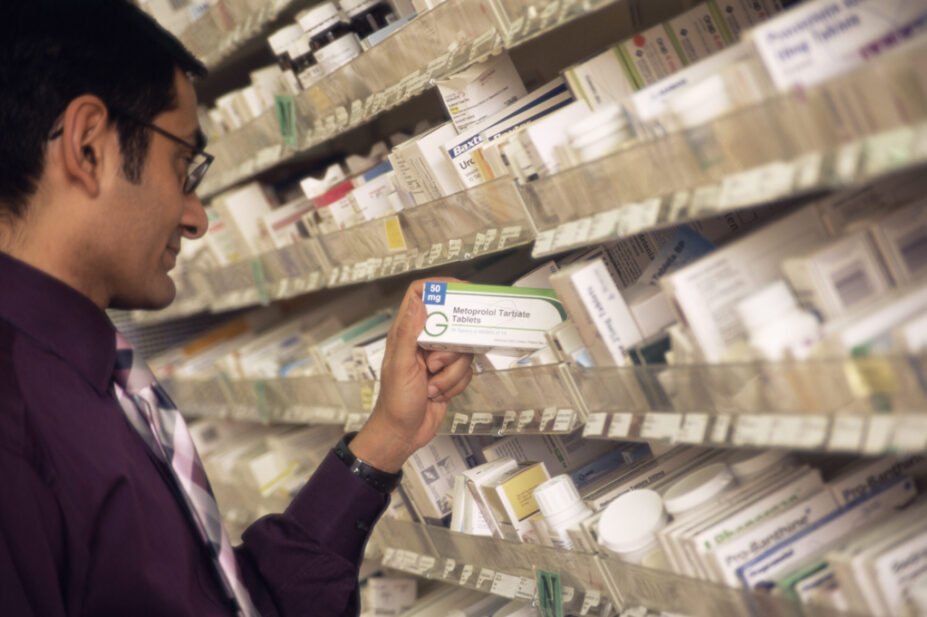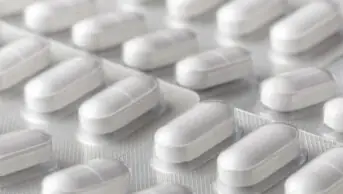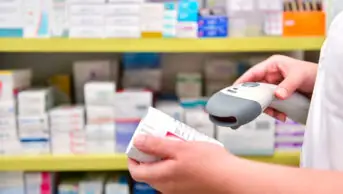
John Cole / Science Photo Library
Manufacturers should pay a fixed levy on sales of medicines to the NHS, replacing the current variable rate through the ‘Voluntary pricing and access scheme’ (VPAS), the Association of the British Pharmaceutical Industry (ABPI) has proposed.
The proposals, published on 1 March 2023, recommend that manufacturers pay a fixed levy of 6.9% on profits made from selling medicines to the NHS, under a new ‘Voluntary scheme for pricing, access and growth’ (VPAG).
However, the Department of Health and Social Care (DHSC) has said the proposals are “completely unaffordable”.
The proposed VPAG would replace the VPAS, which is due to end on 31 December 2023 and currently requires manufacturers to pay the government 26.5% of their net income from sales of branded medicines to the NHS.
Tax rates under the VPAS vary, with the aim of ensuring the NHS medicines bill does not grow more than 2% in one year.
In a press release, the ABPI said the proposed levy “would deliver over £1bn a year to the NHS — around £300m more than the average delivered under the old scheme before 2023, and comfortably more than the highest contributions ever made before the pandemic”.
“Under these terms, the UK would return to a more internationally competitive position for attracting inward investment, yet the UK would continue to spend less on branded medicines than any comparable country,” the statement added.
In January 2023, the ABPI announced that two major manufacturers were withdrawing from the VPAS because they were “struggling to justify” the scheme to global boardrooms.
In addition to the levy, the proposals also suggest manufacturers pay an exta 1.5% premium on NHS sales to invest in the life sciences industry.
“The fund could be used to support key shared priorities like boosting NHS clinical trial capacity and delivery, expanding UK genomics capacity, and building the UK capability to use real-world data to improve the speed, diversity and efficiency of recruitment into clinical trials,” the press release said.
A replacement for the VPAS is subject to negotiations between the DHSC and ABPI.
Richard Torbett, chief executive of the ABPI, said: “The life sciences industry in the UK stands at a crossroads. The current direction of travel is leading away from success and we must act urgently to turn this around. A new VPAG provides the opportunity for a new settlement, placing the UK’s life sciences sector back on the path for future growth.
“Securing this vision will require a new mindset and approach from government, system partners and industry. It will require building on the partnership and trust forged during the pandemic.”
In response to the ABPI’s proposals, Mark Samuels, chief executive of the British Generic Manufacturers Association (BGMA), called for a separate pricing scheme for branded generics and biosimilars.
“We strongly believe the current VPAS system and its rapidly rising rate unfairly penalises off-patent medicines such as branded generics and biosimilars, which already face considerable price reductions via competition,” he said.
“Nearly half the medicines in the VPAS scheme are off-patent, and we would like the government to recognise the double whammy impact they face and either exempt them or create a separate scheme for these products.
“Otherwise, manufacturers already supplying products on razor-thin margins cannot sustainably continue when faced with a VPAS rate that has increased five-fold in two years, making some products lossmaking.”
The BGMA warned in January 2023 that some companies would cut back on medicine supplies to the UK if tax rates on company profits continue to increase.
A spokesperson for the DHSC said the ABPI’s proposals “are completely unaffordable, costing the taxpayer an extra £2.5bn per year”.
“They will also drive up the cost of medicines for the public and reduce NHS patients’ access to new treatments,” they added.
“The department will continue working with the NHS and industry partners to develop credible proposals, which will ensure NHS patients continue to access new medicines [and] support our world-leading life sciences sector, while also delivering taxpayers value for money.”


